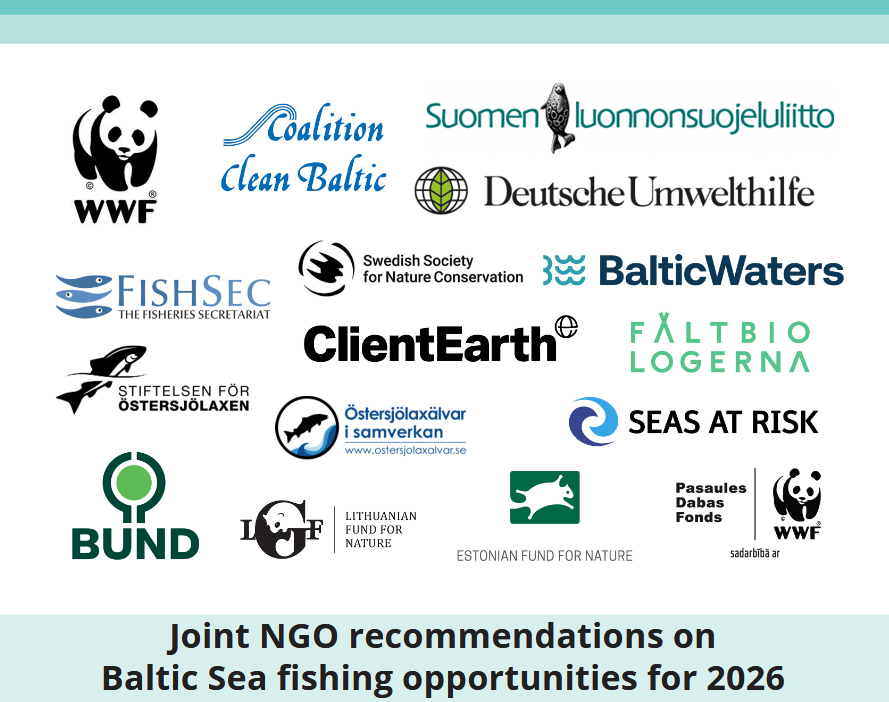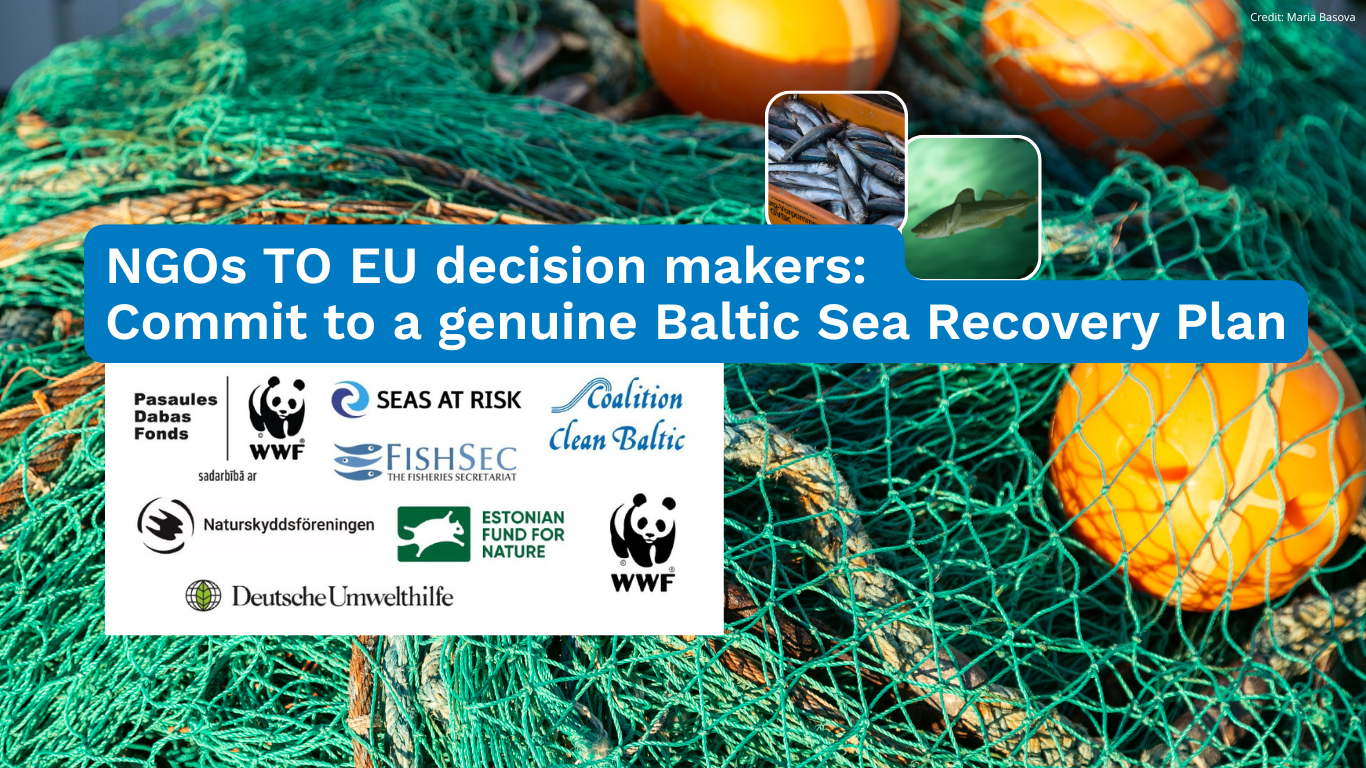Experts call to check actual environmental losses from laying Nord Stream 2 pipeline
Greenpeace Russia prepares an appeal to the Prosecutor’s Office with a request to examine new facts of environmental damage caused by laying the Nord Stream 2 gas pipeline through Kurgalskiy Nature Reserve in Leningrad Oblast of Russia. The appeal is based on the conclusions by the experts of the V.L. Komarov Botanical Institute of the Russian Academy of Science, stating the loss of red-listed plants and attempts to fake their “successful” re-planting by the use of less vulnerable hybrids. Independent ornithologists also concluded that red-listed white-tailed eagles have left their nest close to the pipeline construction route despite positive reports from the Nord Stream 2 AG.
These new findings once again prove that Nature Protected Areas should never be used – neither for such destructing infrastructure projects as laying pipelines nor for experiments with red-listed plants species. Moreover, using such fake “success” stories in PR and actual project implementation does not qualify as a responsible investor, but rather as another ‘greenwash’ story-teller, being deadly harmful for both species and ecosystems
.Further details are presented in Kommersant Daily article:
https://www.kommersant.ru/doc/4052456
NOTE: texts of the linked above experts conclusions and the article are in Russian language, but the conclusions will be soon available in English.

